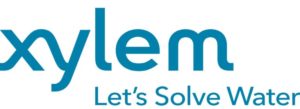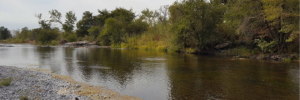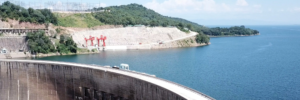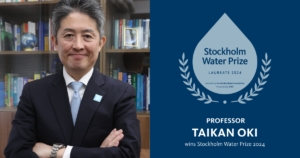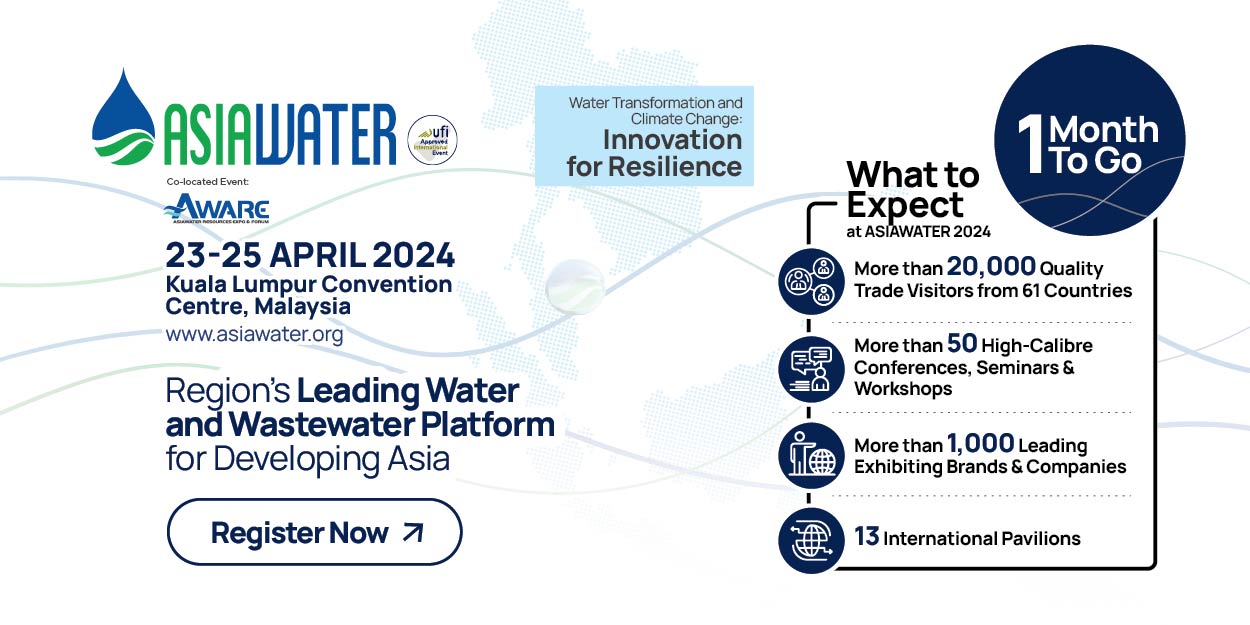World Toilet Day: The Right to Sanitation Should Be Anchored in EU Law

Image source: Xylem Inc.
Across the EU, 10 million people still lack access to safe sanitation services. To address this problem, a diverse coalition of 29 organizations – including Xylem and other water service providers, water utilities and water users – has released a joint statement calling on EU institutions to enshrine the human right to sanitation in EU law.
“Universal access to decent and safe sanitation (services) is a fundamental need and a human right,” the statement reads. “Securing access for all contributes considerably to reducing illness, death and social inequalities.”
The United Nations General Assembly recognized in 2010 the Human Right to Water and Sanitation, and in 2015 the Right to Sanitation as a standalone right. In the EU, however, only access to water is covered in the new EU Drinking Water Directive. As the EU is now preparing to revise its Urban Waste Water Treatment Directive, the coalition believes the time has come to also enshrine the right to sanitation in EU law.
“Access to sanitation is recognized as a human right by the UN,” says Martin Kunz, Vice President Europe, Commercial at Xylem. “The COVID-19 crisis has shown how incredibly important water and sanitation are to protecting human health. As a leading global provider of water technology and services, Xylem is proud to be part of this initiative.”
The Urban Waste Water Treatment Directive sets rules on the proper collection and treatment of wastewater in Member States. Xylem has submitted its input to EU institutions on how the renewed Directive could ensure access to sanitation and help modernize Europe’s wastewater infrastructure more broadly, and stands ready to contribute its expertise to the ongoing work.
“The Urban Waste Water Treatment Directive is the right legislation to ensure access to sanitation in the EU, just like the new Drinking Water Directive now ensures access to drinking water,” says Alexis de Kerchove, Director, Europe Vertical Markets at Xylem.
The signatories of the statement are Acciona, AEAS, AISE, Almar Water Solutions, AquaFed, Aquafin, AquaFlanders, Aqualia, Canal de Isabel II, De Watergroep, DuPont, Ecolab, FP2E, Global Omnium, Grundfos, Kimberly-Clark, Krüger, Our Future Water, Remondis, Saur, Suez, Unilever, Veolia, Water Europe, WEO, Xylem, Miya Water, Aguas de Portugal, and Villeroy & Boch.
Source: Xylem Inc.

